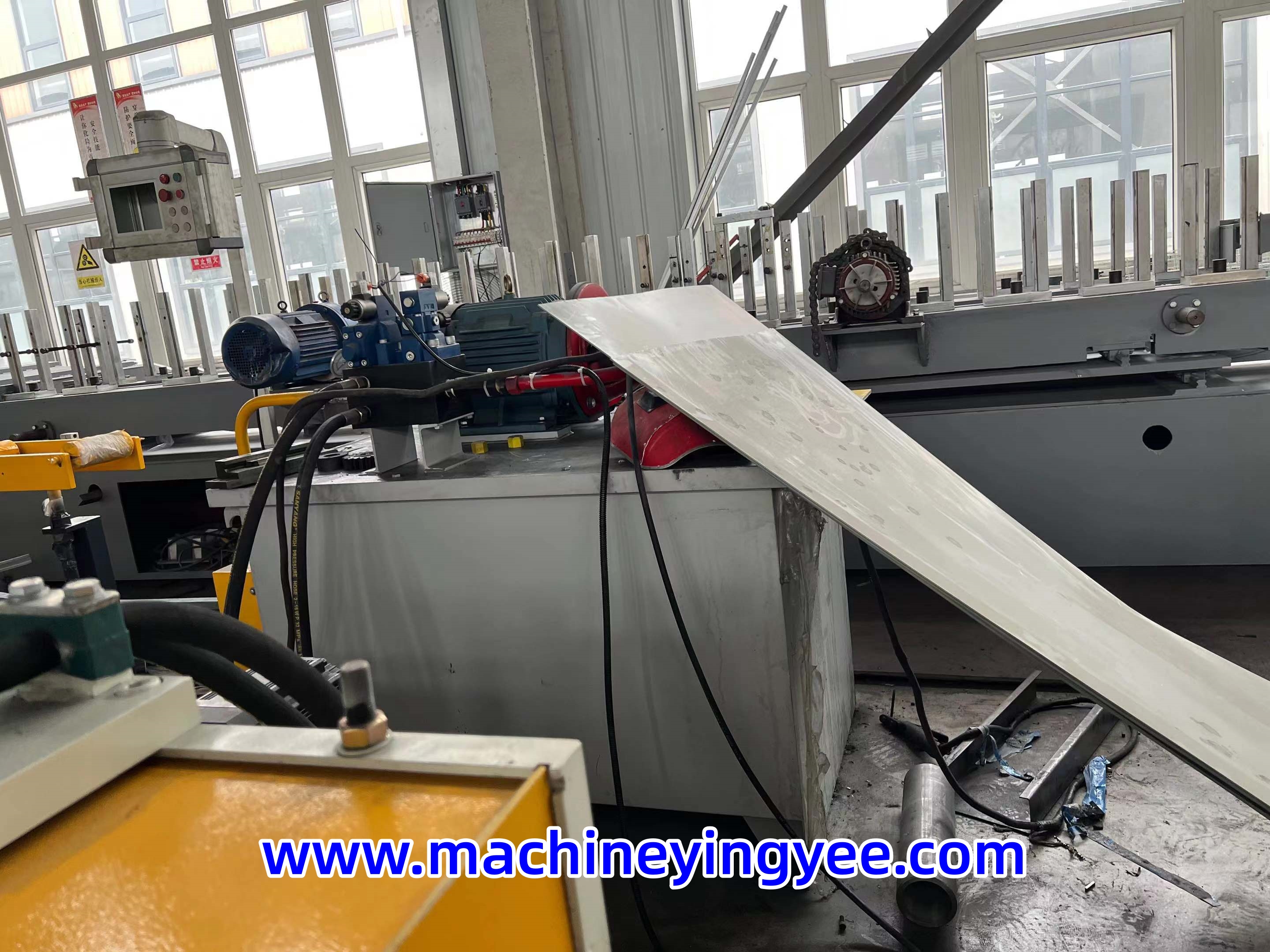
The Versatile World of Stud Forming Machines
In the realm of modern manufacturing, the efficiency and precision of production processes are pivotal to meeting the demands of various industries. Among the myriad of machines that facilitate such processes, the stud forming machine stands out as a vital tool in the assembly of numerous products. From automotive components to construction materials, these machines offer versatility and reliability, making them indispensable in today’s production environments.
A stud forming machine is specialized equipment designed to create studs, which are fasteners with external threads. These fasteners play a critical role in connecting components in various applications. The machine operates through a systematic process that involves feeding raw material, often in the form of wire or rod, into the machine, which then shapes and forms the material into stud fasteners with high precision.
One of the significant advantages of stud forming machines is their ability to produce fasteners at high speeds. In an era where time is a crucial factor, the efficiency of these machines can drastically reduce production timelines. This is particularly beneficial in high-demand sectors, such as automotive and aerospace, where timely supply of components is essential to meet assembly line requirements. For instance, the automotive industry often relies on stud forming machines to produce the fasteners needed for body assembly, engine parts, and various chassis components.
In addition to speed, accuracy is another essential aspect of stud forming machines. Modern machines are equipped with advanced technology that allows for precise control over the forming process. This precision ensures that each stud produced meets stringent specifications and tolerances required by manufacturers. This is particularly important when considering the safety implications in industries like aerospace, where even the slightest deviation can lead to catastrophic failures. The ability to consistently produce high-quality fasteners translates to less waste, lower production costs, and overall enhanced product reliability.

Moreover, stud forming machines offer versatility in terms of the types of materials used. They can work with various metals such as steel, stainless steel, and aluminum, allowing manufacturers to choose the most suitable material for their specific application. This adaptability is especially beneficial in industries that require lightweight yet durable components, such as the aerospace sector.
Another important feature of stud forming machines is their capability for customization. Manufacturers can often modify machine settings to produce different sizes or shapes of studs, making it easier to adapt to evolving market needs. This flexibility is crucial for industries that frequently change specifications or require short production runs for specialized projects. The ability to switch between different types of studs without major downtime streamlines the production process and maximizes efficiency.
Maintenance and durability are also critical considerations in the lifecycle of stud forming machines. Manufacturers typically design these machines for longevity, incorporating robust materials and construction techniques to withstand the rigors of continuous operation. Routine maintenance is essential to ensure optimal performance, but modern machines often include features that simplify this process, such as self-lubricating systems and easy access to critical components.
As industries continue to evolve, the demand for efficient and precise manufacturing processes will only increase. The stud forming machine, with its combination of speed, accuracy, versatility, and adaptability, is well-positioned to meet these demands. As technology advances, we may also see further innovations in this space, enhancing capabilities and making production even more efficient.
In conclusion, stud forming machines are a backbone of modern manufacturing, facilitating the production of critical fasteners across various industries. Their speed, precision, versatility, and adaptability make them invaluable assets in today's competitive market. As manufacturers strive for greater efficiency and quality in their processes, the role of stud forming machines will undoubtedly continue to grow, driving innovation and enhancing productivity in the manufacturing landscape.